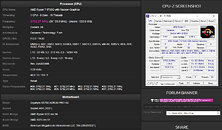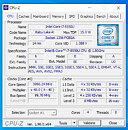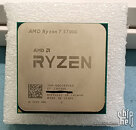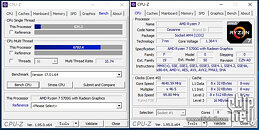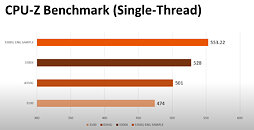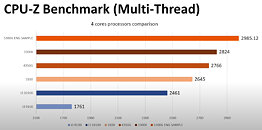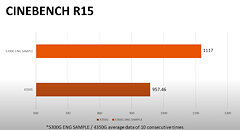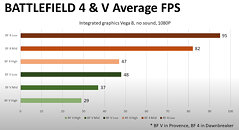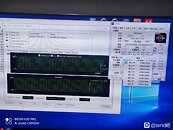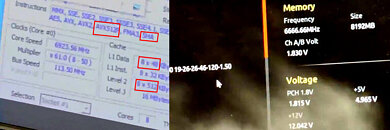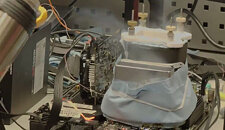
Latest Ryzen 9 7950X CPU-Z Bench MultiThreaded Score Puts it 8% Behind i9-13900K, 33% Ahead of i9-12900K
A screenshot of an alleged AMD Ryzen 9 7950X "Zen 4" processor surfaced on the web, courtesy of OneRaichu, and this time there's no blur-out with the score field—15645 points. When compared to the alleged CPU-Z Bench scores of the Core i9-13900K "Raptor Lake" from last week, the Intel 8P+16E hybrid processor ends up 7.9% faster than this score, but still a very close second.
The Ryzen 9 7950X ends up a significant 23.47% faster than the leaked score of the Core i7-13700K (8P+8E), and the AMD flagship scores 33.5% faster than the previous-gen Intel flagship Core i9-12900K. While both the i7-13700K and i9-12900K are 8P+8E, the "Raptor Lake" gets ahead with higher IPC for the P-cores, slightly higher clocks, and more cache for the E-core clusters. The 7950X is also 32.12% faster than its predecessor, the Ryzen 9 5950X "Zen 3," and a whopping 58.39% faster than the Core i7-12700K (8P+4E).
The Ryzen 9 7950X ends up a significant 23.47% faster than the leaked score of the Core i7-13700K (8P+8E), and the AMD flagship scores 33.5% faster than the previous-gen Intel flagship Core i9-12900K. While both the i7-13700K and i9-12900K are 8P+8E, the "Raptor Lake" gets ahead with higher IPC for the P-cores, slightly higher clocks, and more cache for the E-core clusters. The 7950X is also 32.12% faster than its predecessor, the Ryzen 9 5950X "Zen 3," and a whopping 58.39% faster than the Core i7-12700K (8P+4E).
































